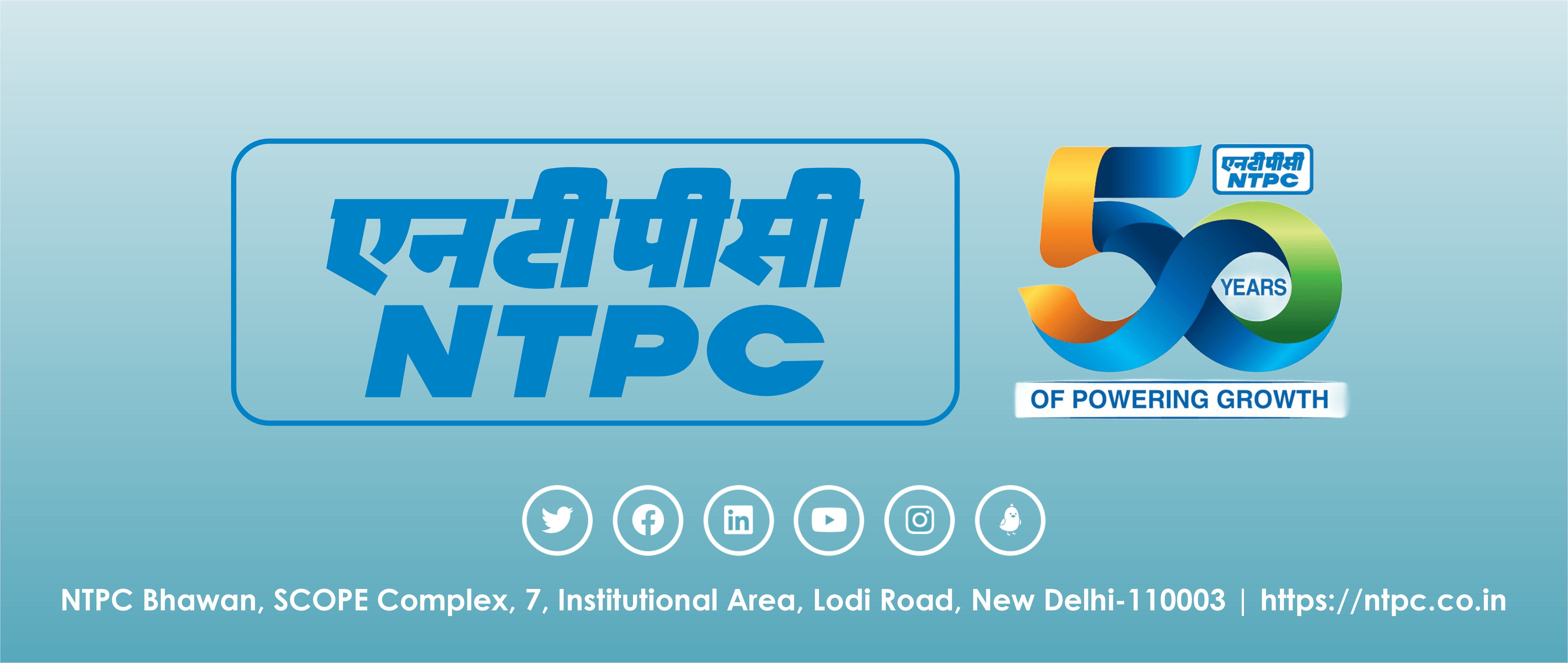TO RECIEVE EXCLUSIVE POSTS AND NEWS
Must Read
RBI asserts independence as officials whine and threaten
By IndianMandarins- 31 Oct 2018
770Differences on monetary policy - chiefly on inflation targeting- between democratic federal governments and central banks are not unusual. They have been there through ages. In the US, for instance, these differences have a long history. In India, these differences have sharpened particularly in the last one decade. What's interesting at the moment is the sharpening of war of words between the two institutions in both countries. It may seem that the current round of conflict between India's federal government and the Reserve Bank of India was inspired as much by the tirade of Potus Donald Trump against his Fed chief as by the desire to corner the current RBI chief and regrab the turf for the omnipotent IAS. In the last few months, President Trump has publicly criticized the Federal Reserve's current path of interest-rate hikes. The criticism revived concerns about the US Federal Reserve's political independence. Of course, US Presidents have pressured the Fed before, most notably during the Richard Nixon era. Nixon is said to have convinced then-Fed Chairman Arthur Burns to keep interest rates low, leading to nearly a decade of economic problems. However, Trump has his own style of functioning. In an interview with Reuters in the second fortnight of August 2018, he said he was "not thrilled" by Fed chairman Jerome Powell's decision to raise interest rates and would continue to criticize the Fed if interest rate hikes continued. It followed reports earlier in the day that Trump had criticised Powell at a private GOP fundraiser. Trump's criticisms of the Fed are nothing new. The president made similar comments in an interview with CNBC in late July. But the latest comments remain significant given the long-standing tradition that presidents do not comment on matters of monetary policy. While the White House attempted to assuage concerns by reiterating the president's support for the Fed's independence, the comments raised the spectre of a huge policy mistake made in the 1970s. Now look at our own country. While former governors Y V Reddy and Subba Rao both were crticized for the monetary policy by the government of the day, these criticisms acquired particularly vicious tone during the tenure of Raghuram Rajan and continues to haunt his succesor Urjit Patel. Take the case of recent conflagration. Delivering the A D Shroff Memorial Lecture in Mumbai on October 26, RBI Deputy Governor Viral Acharya warned that undermining a central bank’s independence could be “potentially catastrophicâ€, in an indication that it is pushing back hard against government pressure to relax its policies and reduce its powers. He added that the “governments that do not respect central bank independence will sooner or later incur the wrath of financial markets, ignite economic fire, and come to rue the day they undermined an important regulatory institution.†He cited the Argentine government’s meddling in its central bank’s affairs in 2010 as an example of what can go wrong. That led to a surge in bond yields that badly hurt the South American economy. Acharaya's forthright views couldn't but have been triggered by 'petty' tricks of the FinMin. Like every frank opinion has its own dynamics, unknown government officials reacted rather angrily to Acharaya's viewpoint. Media reports have cited them as saying that since the government wished to keep the matter under the carpet, it was “very unfortunate†that the RBI took the matters public. “The government is very upset. It was not expected from the RBI,â€official told Reuters. “The government respects the autonomy and independence of the RBI but they must understand their responsibility,†officials are said to have commented. Some PMO and FinMin officials are said to have warned that Patel has some responsibility for the controversy, and he cannot expect an extension of his current three-year term – which ends next September – “as his rightâ€. Clearly, the government is rather upset over the RBI's refusal to relax its lending restrictions on some banks with high NPAs. What added to the grievance of government officials was that Acharya had three of his fellow deputy governors in the audience at the above-mentioned meeting and also thanked Governor Patel for his “suggestion to explore this theme for a speechâ€, in a show of unity from an institution typically known for its restraint. The RBI structure is unique within India's bureaucratic system. It operates within the government but simultaneously remains relatively independent. Its relative independence is based on the belief that it must put the country's welfare first and in this task, it must be insulated from the influence of the ruling party. India learnt to value the indpendence of the central bank only after four decades of what Prof Raj Krishna termed as the Hindu growth rate of 3-4% and inflation rate of 10-15%. In the recent years before Modi came to power, Chiadambaram and company also tried to bring undue pressure on the RBI. Even in the US, interference in the functioning of Federal Rserve has been hugely counterproductive. In the run-up to the 1972 election, Nixon wanted to present the country with a strong economy and low unemployment. To do so, Nixon swapped out Fed Chairman William McChesney Martin with his pick, Arthur Burns. The Watergate famed President pressured the new Fed chairman to keep interest rates low to help maintain lower unemployment. The released Nixon tapes revealed numerous conversations between the president and Burns in which Nixon pressures the Fed chair to keep rates low. Nixon even told advisers "we'll take inflation if necessary, but we can't take unemployment." Burns did, in fact, keep rates relatively low but it proved to be disastrous as it helped to usher in a period of stagflation - high inflation, high unemployment, and low economic growth. Not until Paul Volcker took over the Fed nearly a decade later and ratcheted up interest rates in what is known as the "Volcker Shock" would the issue be truly corrected. Other incidents, including President George H.W. Bush complaining about the policies of his Fed chair, Alan Greenspan, have also occurred, but Bush's comments were far more muted than Nixon's extended pressure. Indeed, research by Professors Alberto Alesina and Lawrence Summers has shown that the countries with a politically influenced central bank always suffered higher inflation. While reviewing 16 OECD economies, they showed that countries with independent central banks generally had lower inflation without suffering any output or employment penalty. Clearly, central banks acting outside of the political sphere of influence is most desirable for any country - particularly India where the system of checks and balance is yet to acquire institutional stability.
Readers' Choice
R K Sharma is the new Rajasthan DGP 21 hours ago
Centre swings surprise, Gujarat DGP gets extension in service 22 hours ago
Tenure of Chhattisgarh Chief Secretary extended 30 Jun 2025
Rajesh Kumar appointed as Chief Secretary of Maharashtra 30 Jun 2025
Saswata Mishra appointed Principal Secretary to Odisha CM 30 Jun 2025
RBI asserts independence as officials whine and threaten
By IndianMandarins - 2018-10-31 11:29:55

Differences on monetary policy - chiefly on inflation targeting- between democratic federal governments and central banks are not unusual. They have been there through ages. In the US, for instance, these differences have a long history. In India, these differences have sharpened particularly in the last one decade. What's interesting at the moment is the sharpening of war of words between the two institutions in both countries.
It may seem that the current round of conflict between India's federal government and the Reserve Bank of India was inspired as much by the tirade of Potus Donald Trump against his Fed chief as by the desire to corner the current RBI chief and regrab the turf for the omnipotent IAS.
In the last few months, President Trump has publicly criticized the Federal Reserve's current path of interest-rate hikes. The criticism revived concerns about the US Federal Reserve's political independence. Of course, US Presidents have pressured the Fed before, most notably during the Richard Nixon era. Nixon is said to have convinced then-Fed Chairman Arthur Burns to keep interest rates low, leading to nearly a decade of economic problems.
However, Trump has his own style of functioning. In an interview with Reuters in the second fortnight of August 2018, he said he was "not thrilled" by Fed chairman Jerome Powell's decision to raise interest rates and would continue to criticize the Fed if interest rate hikes continued. It followed reports earlier in the day that Trump had criticised Powell at a private GOP fundraiser.
Trump's criticisms of the Fed are nothing new. The president made similar comments in an interview with CNBC in late July. But the latest comments remain significant given the long-standing tradition that presidents do not comment on matters of monetary policy.
While the White House attempted to assuage concerns by reiterating the president's support for the Fed's independence, the comments raised the spectre of a huge policy mistake made in the 1970s.
Now look at our own country. While former governors Y V Reddy and Subba Rao both were crticized for the monetary policy by the government of the day, these criticisms acquired particularly vicious tone during the tenure of Raghuram Rajan and continues to haunt his succesor Urjit Patel.
Take the case of recent conflagration. Delivering the A D Shroff Memorial Lecture in Mumbai on October 26, RBI Deputy Governor Viral Acharya warned that undermining a central bank’s independence could be “potentially catastrophicâ€, in an indication that it is pushing back hard against government pressure to relax its policies and reduce its powers. He added that the “governments that do not respect central bank independence will sooner or later incur the wrath of financial markets, ignite economic fire, and come to rue the day they undermined an important regulatory institution.†He cited the Argentine government’s meddling in its central bank’s affairs in 2010 as an example of what can go wrong. That led to a surge in bond yields that badly hurt the South American economy.
Acharaya's forthright views couldn't but have been triggered by 'petty' tricks of the FinMin.
Like every frank opinion has its own dynamics, unknown government officials reacted rather angrily to Acharaya's viewpoint. Media reports have cited them as saying that since the government wished to keep the matter under the carpet, it was “very unfortunate†that the RBI took the matters public. “The government is very upset. It was not expected from the RBI,â€official told Reuters. “The government respects the autonomy and independence of the RBI but they must understand their responsibility,†officials are said to have commented.
Some PMO and FinMin officials are said to have warned that Patel has some responsibility for the controversy, and he cannot expect an extension of his current three-year term – which ends next September – “as his rightâ€. Clearly, the government is rather upset over the RBI's refusal to relax its lending restrictions on some banks with high NPAs.
What added to the grievance of government officials was that Acharya had three of his fellow deputy governors in the audience at the above-mentioned meeting and also thanked Governor Patel for his “suggestion to explore this theme for a speechâ€, in a show of unity from an institution typically known for its restraint.
The RBI structure is unique within India's bureaucratic system. It operates within the government but simultaneously remains relatively independent. Its relative independence is based on the belief that it must put the country's welfare first and in this task, it must be insulated from the influence of the ruling party.
India learnt to value the indpendence of the central bank only after four decades of what Prof Raj Krishna termed as the Hindu growth rate of 3-4% and inflation rate of 10-15%. In the recent years before Modi came to power, Chiadambaram and company also tried to bring undue pressure on the RBI.
Even in the US, interference in the functioning of Federal Rserve has been hugely counterproductive. In the run-up to the 1972 election, Nixon wanted to present the country with a strong economy and low unemployment. To do so, Nixon swapped out Fed Chairman William McChesney Martin with his pick, Arthur Burns.
The Watergate famed President pressured the new Fed chairman to keep interest rates low to help maintain lower unemployment. The released Nixon tapes revealed numerous conversations between the president and Burns in which Nixon pressures the Fed chair to keep rates low. Nixon even told advisers "we'll take inflation if necessary, but we can't take unemployment."
Burns did, in fact, keep rates relatively low but it proved to be disastrous as it helped to usher in a period of stagflation - high inflation, high unemployment, and low economic growth.
Not until Paul Volcker took over the Fed nearly a decade later and ratcheted up interest rates in what is known as the "Volcker Shock" would the issue be truly corrected.
Other incidents, including President George H.W. Bush complaining about the policies of his Fed chair, Alan Greenspan, have also occurred, but Bush's comments were far more muted than Nixon's extended pressure.
Indeed, research by Professors Alberto Alesina and Lawrence Summers has shown that the countries with a politically influenced central bank always suffered higher inflation. While reviewing 16 OECD economies, they showed that countries with independent central banks generally had lower inflation without suffering any output or employment penalty.
Clearly, central banks acting outside of the political sphere of influence is most desirable for any country - particularly India where the system of checks and balance is yet to acquire institutional stability.























